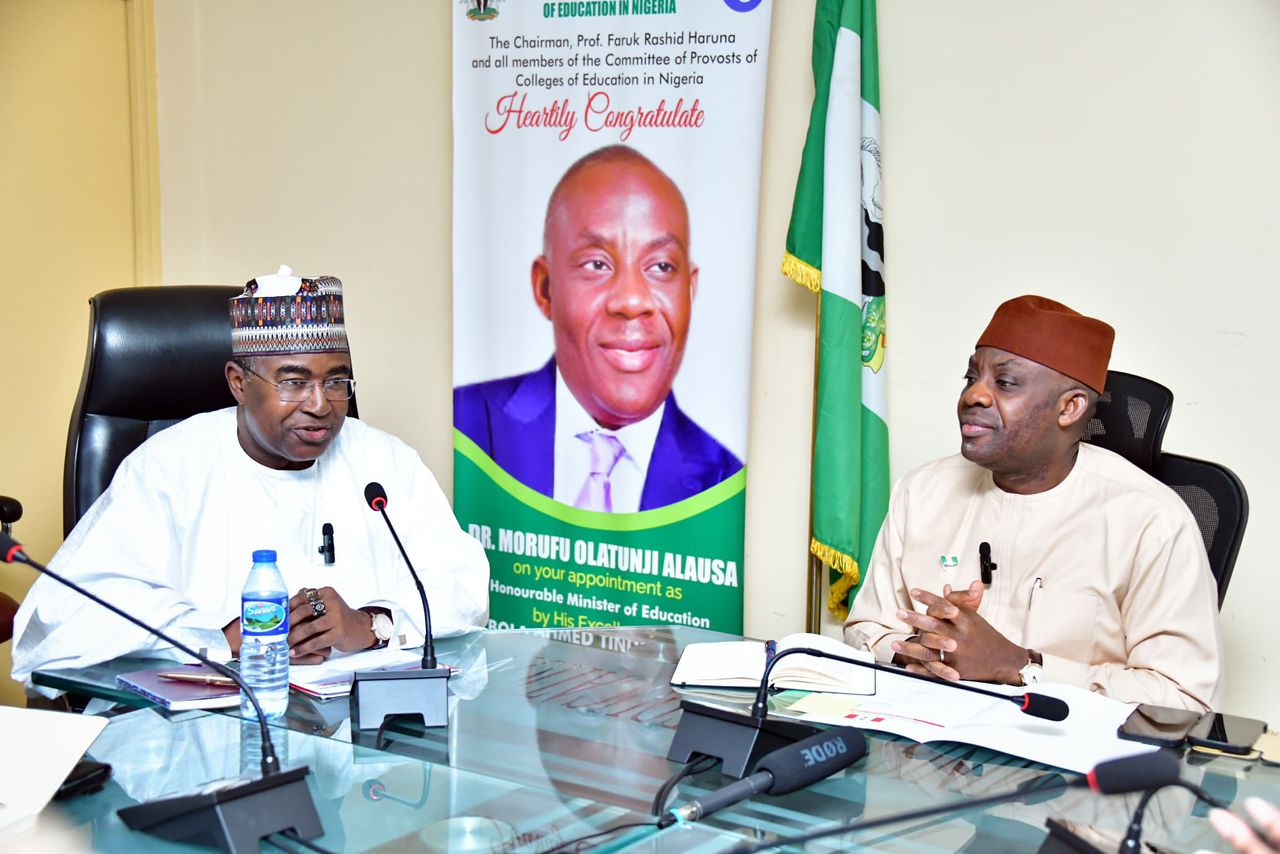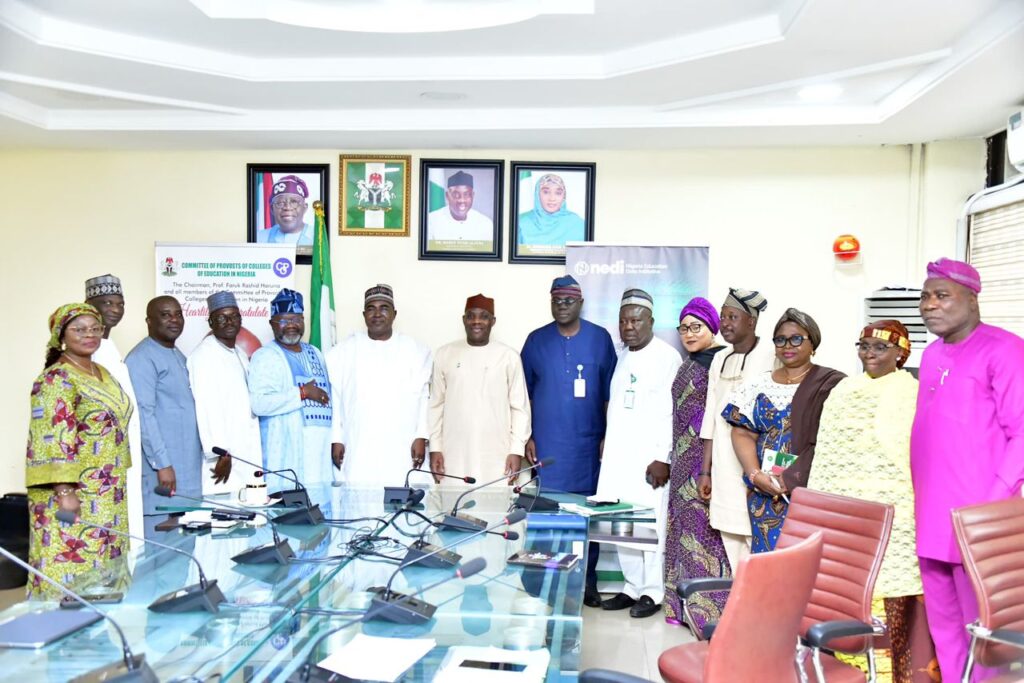NDLEA, Education Ministry to Integrate Drug Education into Schools, Introduce Drug Tests for University Students

In a decisive move to combat substance abuse among Nigerian youths, the National Drug Law Enforcement Agency (NDLEA) and the Federal Ministry of Education have agreed to introduce drug education into school curricula and implement drug integrity testing for students in tertiary institutions.
This landmark agreement was reached during a strategic meeting between the Chairman/Chief Executive of NDLEA, Brigadier General Mohamed Buba Marwa (rtd), and the Minister of Education, Dr. Maruf Olatunji Alausa, held in Abuja on Wednesday, 30th July 2025.
Speaking during the meeting, Marwa lauded the Minister’s proactive leadership and underscored the urgency of protecting Nigeria’s youth from the scourge of drug abuse, which he described as a direct threat to national security and development.
“The purpose of this visit is to seek collaboration with this esteemed ministry in our collective efforts towards drug control in Nigeria, especially within educational institutions. There are millions of children under this ministry’s supervision and the situation is critical,” Marwa said.
“The fight against illicit drugs is essentially a fight for the souls of Nigerian youth. Drug use fuels terrorism, banditry, and other forms of criminality. These atrocities are committed under the influence of drugs – without which they wouldn’t be possible,” he added.

He detailed the Agency’s achievements under President Bola Ahmed Tinubu’s administration, citing over 40,887 arrests, 8,682 convictions, and seizures totalling 5,507 metric tonnes of illicit substances, including over one billion opioid pills (mostly tramadol), worth more than ₦1 trillion between January 2024 and July 2025.
Marwa also announced that the Federal Government is supporting the construction of seven new rehabilitation centres nationwide, along with one model rehabilitation centre in each geo-political zone.
The NDLEA chief proposed three critical areas of collaboration:
Revision of the drug education curriculum in secondary schools to reflect current realities and the emergence of new psychoactive substances.
Introduction of standalone drug abuse prevention programmes including lectures, competitions, and community involvement across schools.
Adoption of a drug testing policy in tertiary institutions, which would involve screening new students, returning students, and conducting random tests to discourage drug use.
“This approach is preventive. Knowing that they could be tested at any time will dissuade students from drug use. Consequences don’t necessarily have to include rustication, but accountability must be enforced,” Marwa explained.
In his response, Minister Alausa praised Marwa’s unwavering dedication to public service, acknowledging his longstanding commitment to Nigeria’s development.
He affirmed the urgent need to confront the drug crisis, which he described as a major contributor to poor educational outcomes, rising unemployment, and youth criminality.
“When youths indulge in drugs, their education suffers, and they struggle with critical thinking and decision-making. They become unemployable and, ultimately, dysfunctional to society,” Alausa said. “It’s a vicious cycle that must be broken.”
To actualise the partnership, the Minister proposed the creation of an inter-ministerial technical working group between the Ministry and NDLEA, and also announced the establishment of a Substance Use Prevention Unit within the Ministry.
Alausa confirmed that the Ministry is already reviewing the secondary school curriculum, and assured that drug education would be incorporated into both primary and secondary levels.
He also expressed full support for the introduction of standalone anti-drug campaigns in schools and drug testing in universities, especially for new and returning students.
He further directed relevant parastatals, including the Universal Basic Education Commission (UBEC) and the Tertiary Education Trust Fund (TETFUND), to collaborate with the NDLEA Academy in Jos to deepen drug education at all levels of the country’s education system.
Concluding the meeting, the Ministry’s Permanent Secretary, Mr Abel Oluwamuyiwa Enitan, officially announced the commencement of the Substance Use Prevention Unit and delivered a vote of thanks, reaffirming the Ministry’s full commitment to the partnership.
The agreement signals a significant step forward in institutionalising drug education and prevention within Nigeria’s education system, as part of a broader national effort to safeguard the country’s future generations from the menace of substance abuse.







